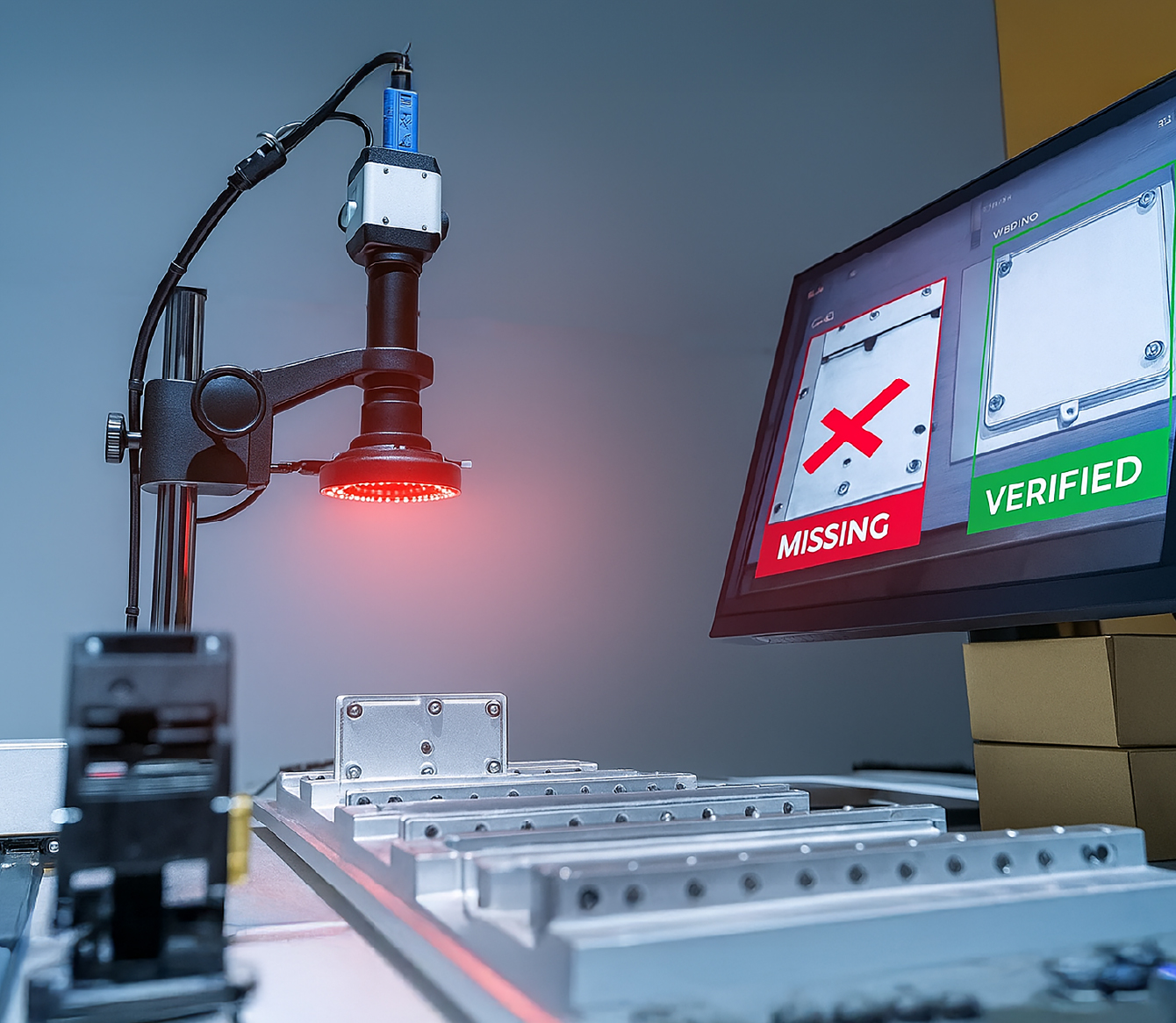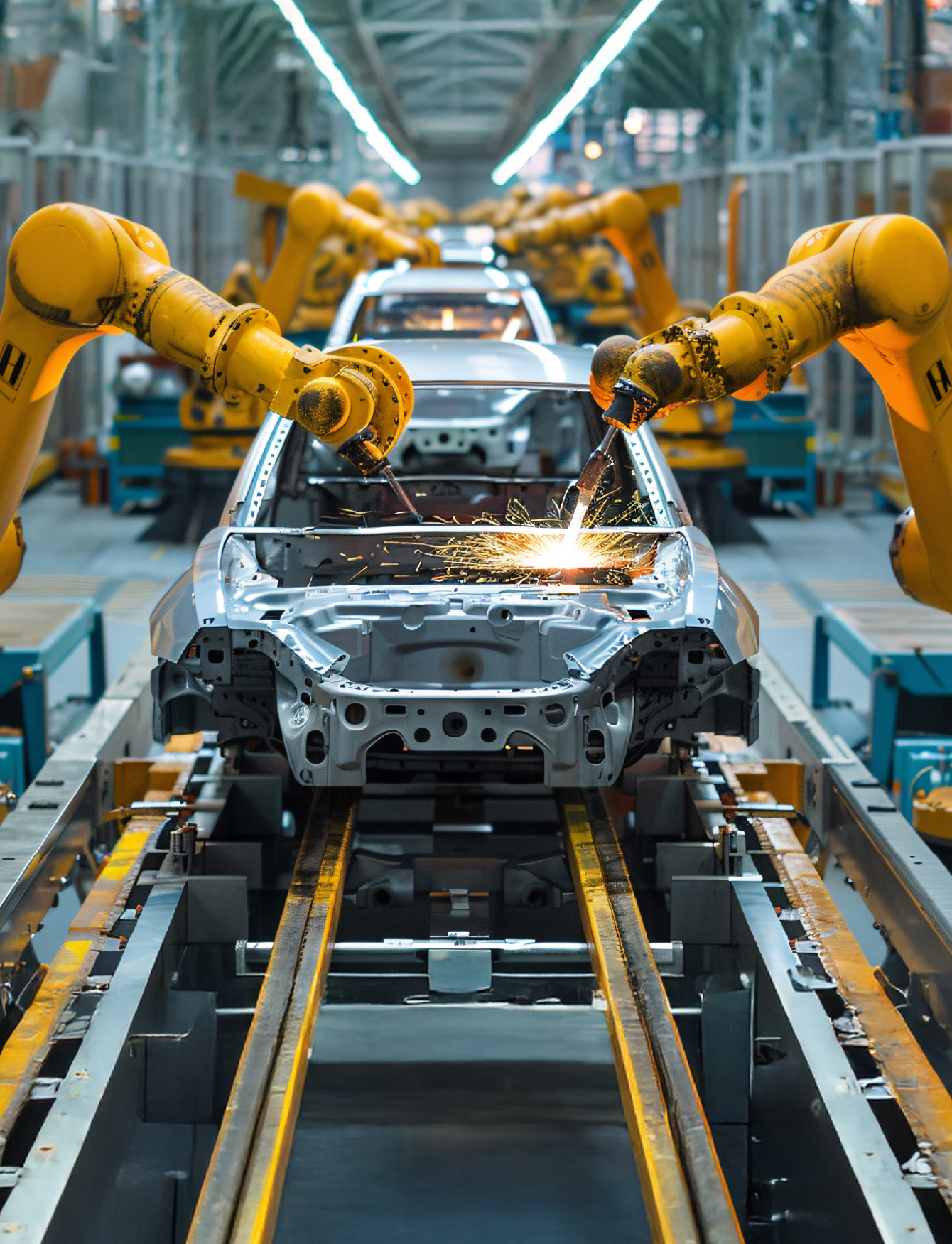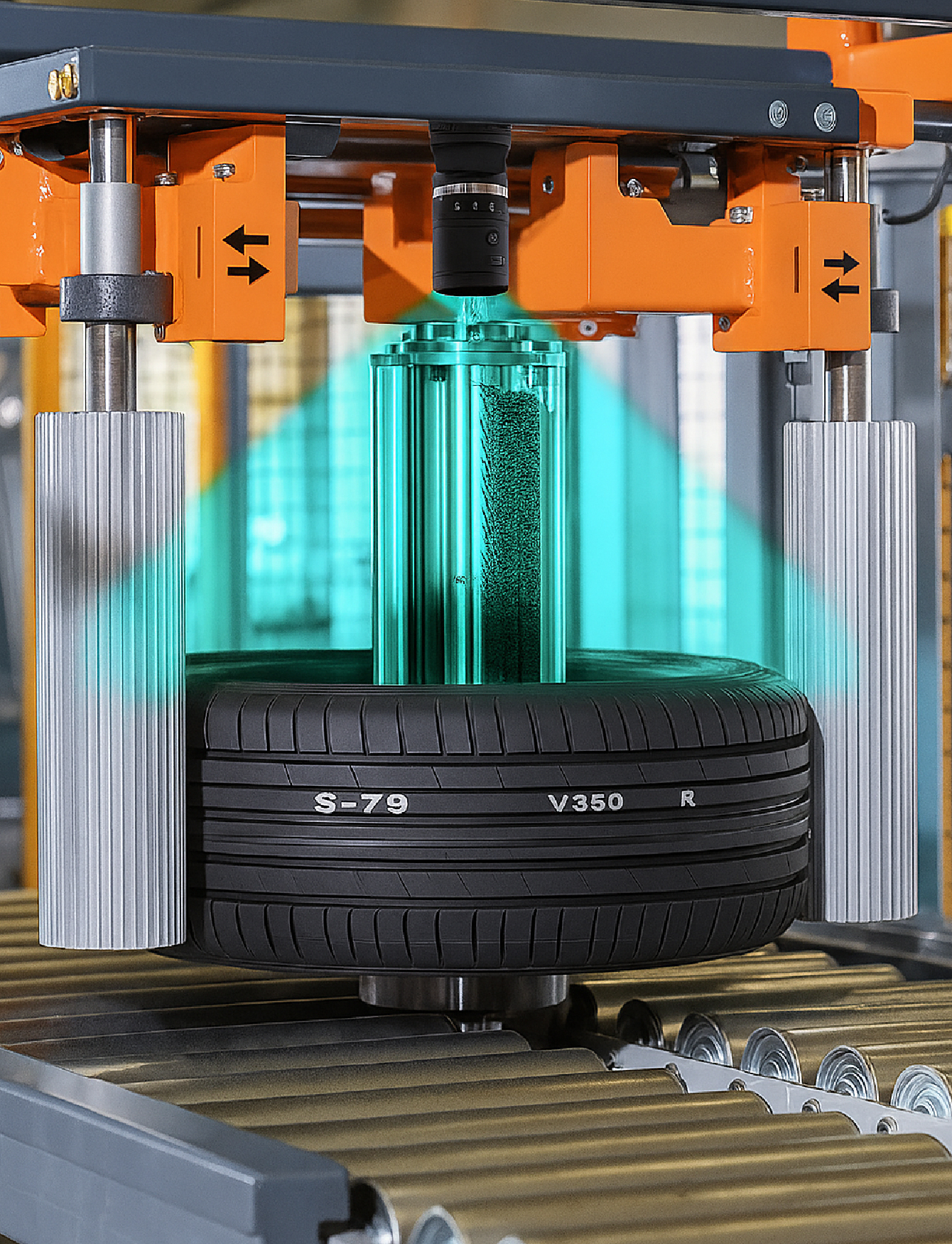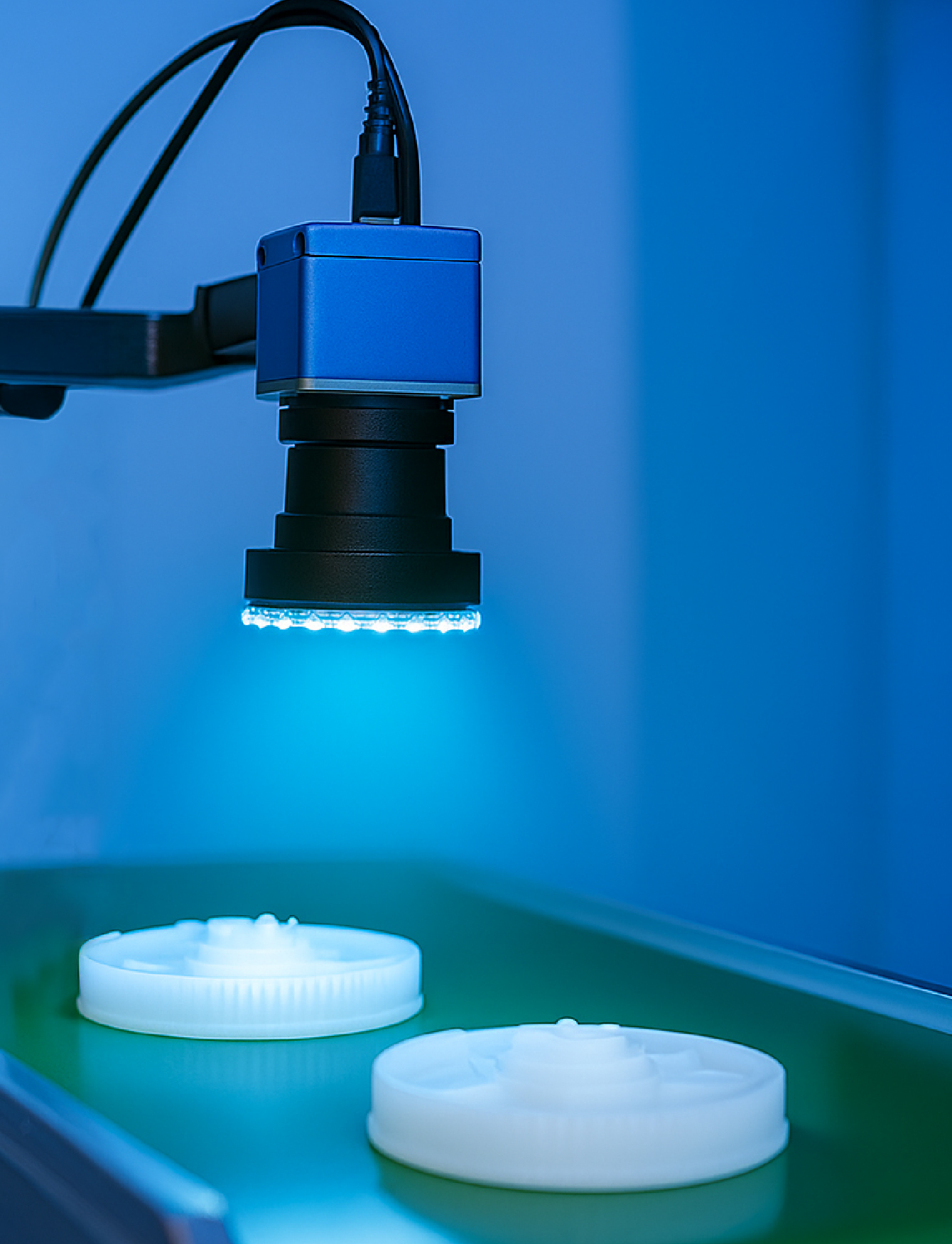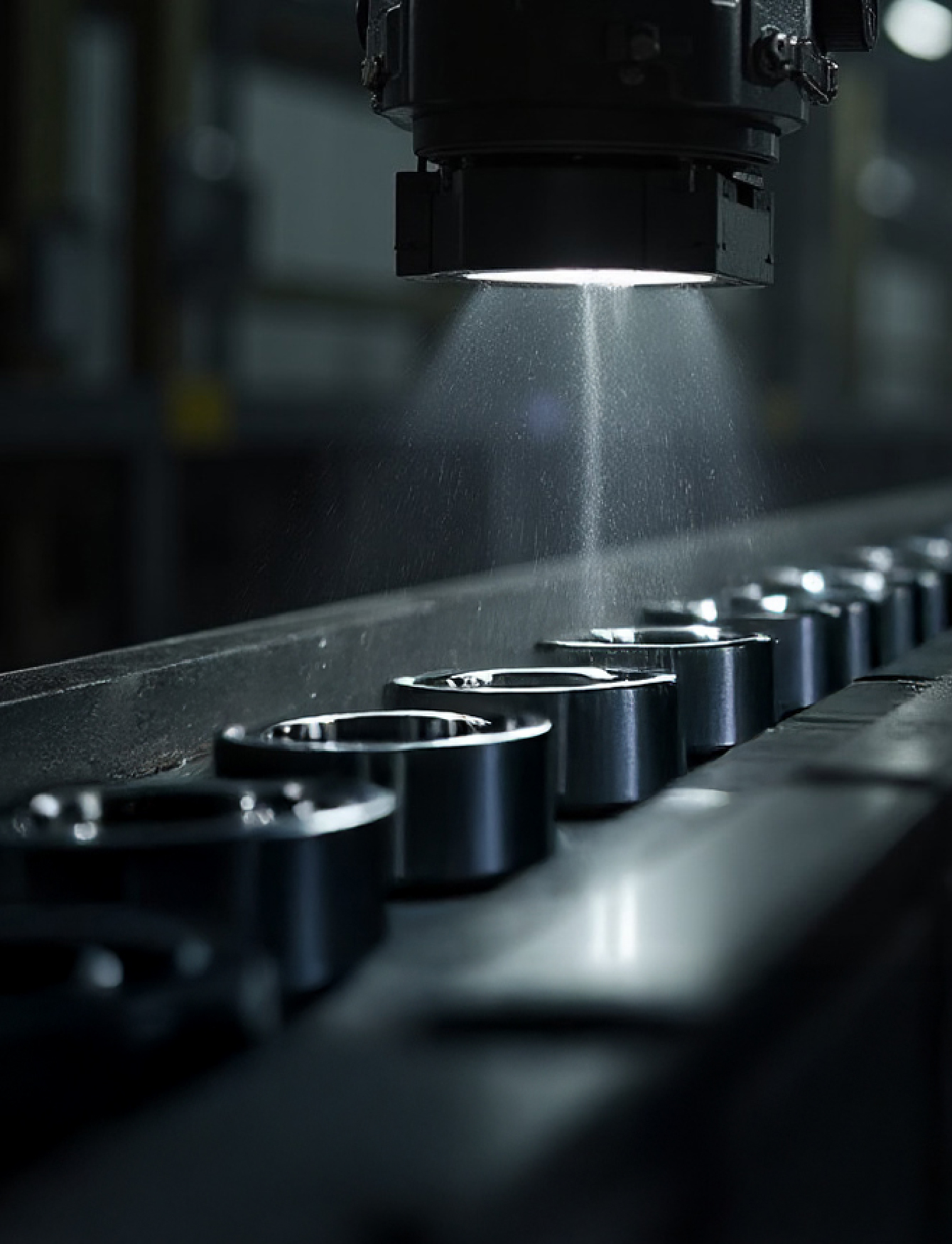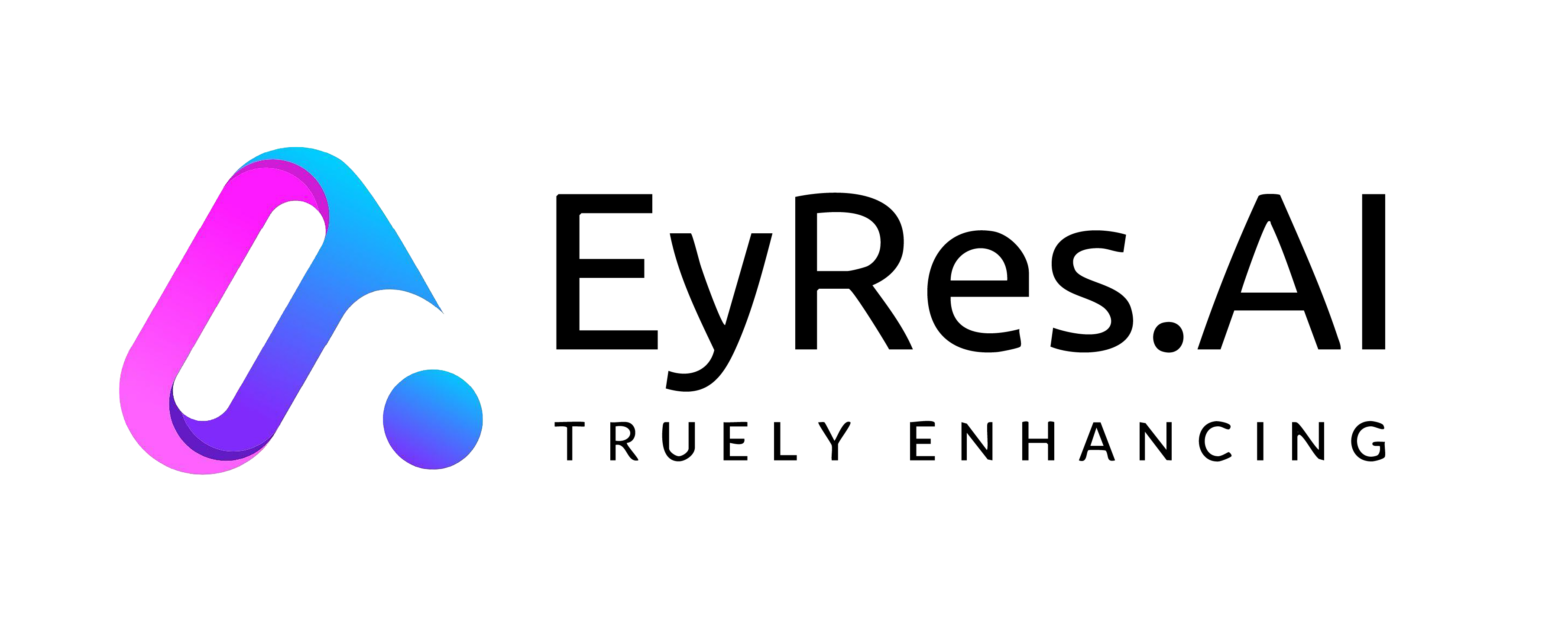
-
EYRES.LINEA
Autonomous AI Inspection — One Machine, Many Possibilities
-
Rubber and Plastic
Precision in Every Polymer: AI-Driven Inspection For Rubber Plastics
-
Tappered Roller Bearings
Make the move — with micron-level accurate bearings engineered for confident rotation
-
Metals and Diecasting
Secure every drive with precision — seat belt spindle parts engineered for flawless locking and confident restraint
-
Tyre Defect
Get the tyres rolling with us, every on road rotation begins with confidence
-
Tyre OCR
Black on Black is ON

